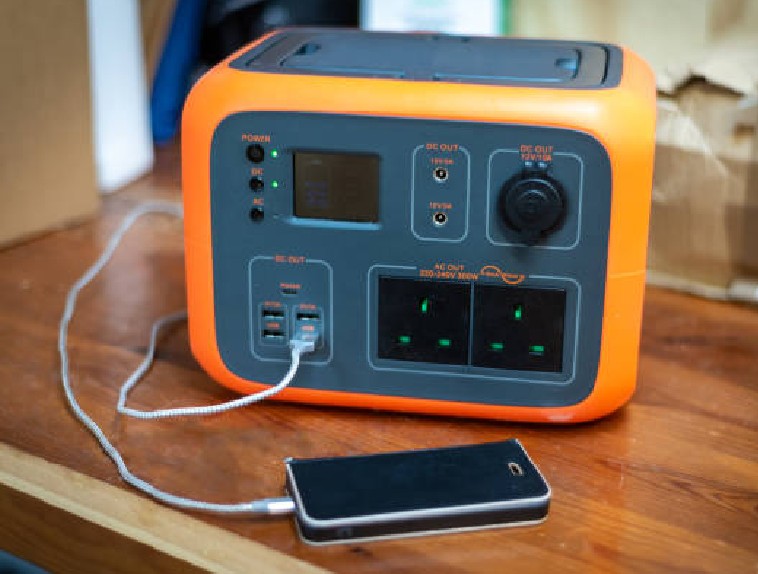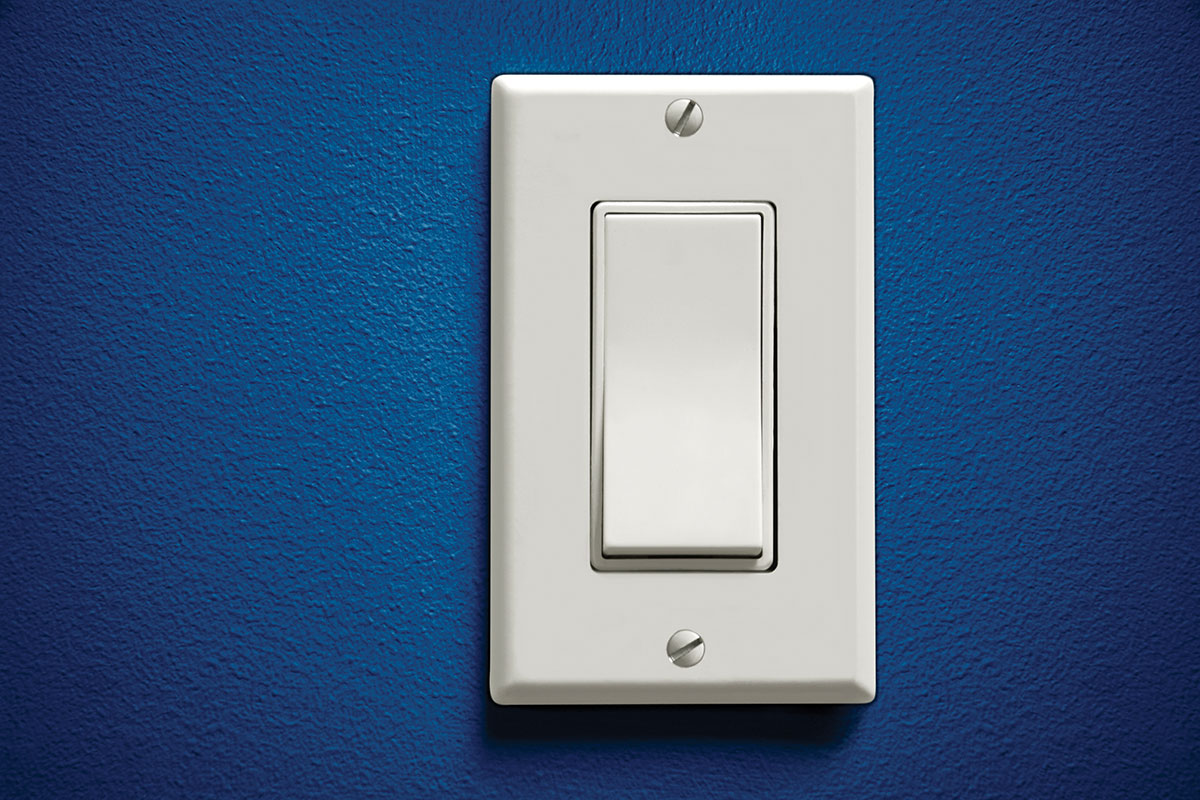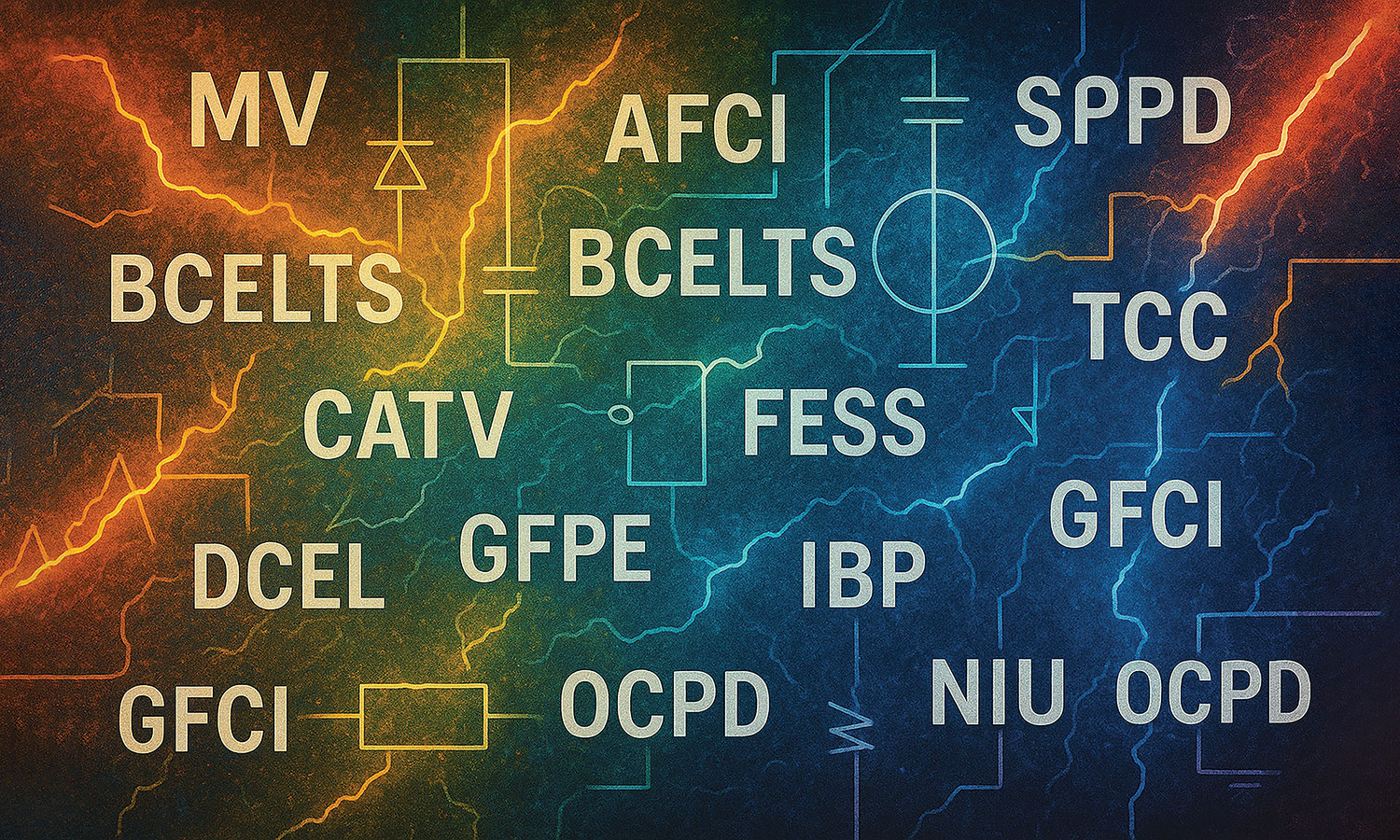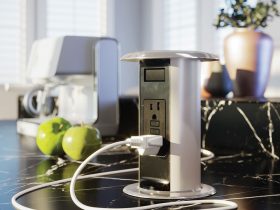Electrical Inspectors need to approach urgent care clinics differently than non-healthcare facilities like commercial buildings, such as meeting the requirements of NFPA 99.
by Mike Brousseau, Regional Chief, Medical/Laboratory
It’s late Sunday afternoon and you’ve been having pain and discomfort in your back and abdomen for the last few days with no relief; it’s actually gotten worse throughout the weekend. You think it might be kidney stones or your appendix. You’re faced with two options: 1. go to the emergency room, which seems a little drastic since you aren’t actually having a health emergency, or 2. visit a walk-in urgent care clinic.
The number of urgent care clinics in the United States has increased steadily over the last decade as patients seek immediate and convenient care outside of physician office hours and a less expensive alternative to visiting the emergency room. Retail clinics inside grocery, big box, or drug stores offer diagnostic care for ailments like strep throat, the flu, and ear infections. But urgent care clinics act more as an extension of hospitals and emergency rooms with physicians on staff offering acute care using the type of equipment we mostly think about when going to a hospital, like CT systems, laboratory equipment, and MRI machines.
Even though the medical devices and diagnostic equipment used in urgent care clinics are in a non-traditional healthcare setting, the facility and equipment still need to meet the requirements of National Fire Protection Association (NFPA) 99: Health Care Facilities Code, the equivalent of the National Electrical Code that specifically addresses hospitals and health care settings.
The NFPA 99 standard establishes criteria for levels of health care services or systems based on risk to the patients, staff, or visitors in health care facilities to minimize the hazards of fire, explosion, and electricity.
Because of this, electrical inspectors need to regard these facilities differently than a non-healthcare facility like store or commercial building, for example. In particular, if the urgent care clinic is located in a building or space that was previously used for another purpose like a retail outlet or restaurant and was retrofitted to accommodate a professional healthcare setting, some of the items that need to be considered are:
- Proper earthing of the systems to protect against electrical shock
- Shielding for X-ray or MRI rooms
- Proper warning signs that identify risks and hazards
In addition to certification to NFPA 99 for the facility’s electrical systems, all of the medical equipment that is being used in the facility needs to have a NRTL mark (such as ETL, UL, CSA, etc.) to prove compliance with the Association for Advancement of Medical Instrumentation (AAMI) 60601-1 series of standards.
The IEC 60601-2/ISO 80601-2 series of international standards specifies additional requirements for basic safety and essential performance applicable to a specific characteristic of all electrical medical equipment not fully addressed by the general requirements. An example of a particular standard would be IEC 60601-2-4 “Particular requirements for the basic safety and essential performance of cardiac defibrillators”. This standard is written with specific requirements that only pertain to defibrillators and modify the general standard to meet these requirements.
For larger devices and machines that are permanently installed, it is imperative that the equipment is installed in accordance with the manufacturer’s specification, in addition to demonstrating certification to the relevant standards.
If there is any uncertainty that the urgent care facility and equipment within meet the relevant electrical codes and are certified to the necessary standards, contact a NRTL to come in and do a field evaluation to ensure that the equipment is still in compliance with the standards after installation.















Find Us on Socials